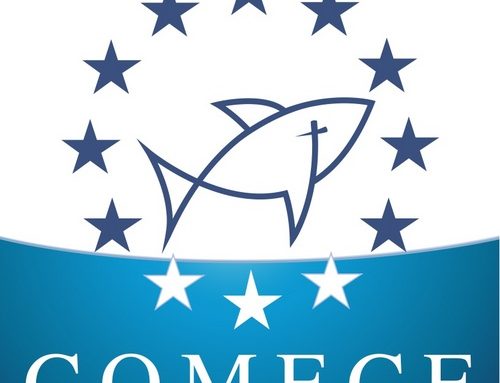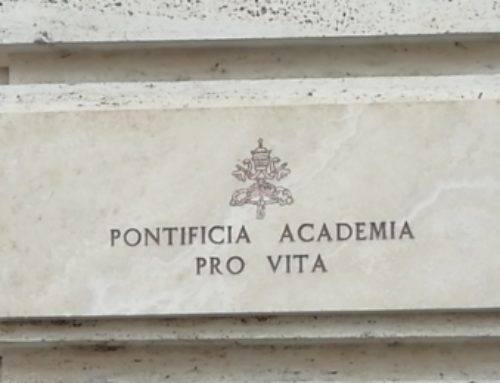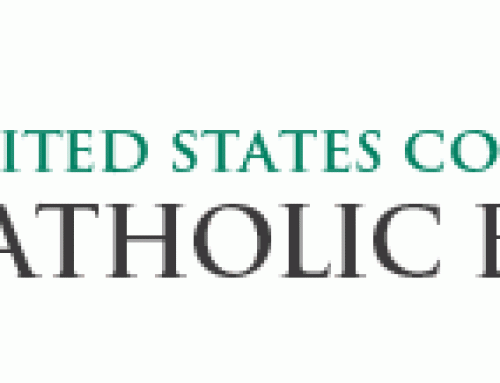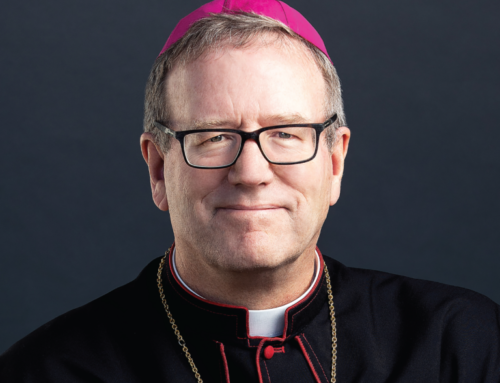PREFACE
Each Pontificate is marked by those events which, during that time, have posed questions to the Church and by the answers which the Church, through the voice of its Supreme Shepherd, has offered following the Gospel and the salvific mission which the Lord Jesus keeps carrying out within humanity.
The Pontificate of John Paul II, among many historical developments, has constantly considered the events which all together marked the last part of the past century and which, in all evidence, will continue to influence the centuries to come. I am referring to the great breakthroughs achieved by the progress of science, above all in the field of biomedicine. These breakthroughs have raised many hopes for the well-being of humanity, but at times the have also raised new and disturbing ethical problems.
In this field, two coordinates have guided the Magisterium of the Pope: the dignity of the human person redeemed by Christ and the salvific value of human suffering.
The first coordinate has been expounded in the Encyclical “Redemptor Hominis” (1979), published in the year following His election (16 October 1978). An anthropology founded on Christology, which does not reject but rather enlightens human reason and the conquests of science, has in fact been the beacon to which the Pope’s teachings have turned, with reference to the following themes: sexuality and the family; natural and artificial procreation; the bold and adventurous frontier of human cloning and the use of stem cells; organ transplants; the perspectives opened up by genetic engineering and gene therapy.
The Holy Father has spoken and written on these issues on many occasions. He has delivered speeches – for example, during the Wednesday catecheses on married sexuality, or during the Cairo Conference – and He has gathered His written teachings on human life, for example in the Encyclical “Evangelium Vitae” (1995). In other circumstances, moreover, He has countersigned Documents prepared by the Dicasteries of the Holy See, such as, for example, the Instruction “Donum Vitae” (Congregation for the Doctrine of the Faith – 1987), on the defence of the human embryo and his right to life, and on the dignity of human procreation compared to artificial insemination techniques.
Among the Organized Bodies which have brought the views of the Pope’s Magisterium into the world, there are those which the Pope Himself instituted ad hoc, namely, the Pontifical Council for the Family (1981), the Pontifical Council for Health Pastoral Care (1985), and the Pontifical Academy for Life (1994).
The second line of thought developed by John Paul II concerns the issue of suffering.
We must recall His Encyclical “Salvifici Doloris” (1984), which offers a complete theology of suffering (although some people, at the time when the document was issued, considered its central theme as being “cut off” from the social and cultural context of the time). Its contents have been constantly enriched by the annual messages for the World Day of the Sick in the course of the past 12 years.
In the reflections of the Pope, the figure of Christus medicus counterpoints that of Christus patiens, so as to define the medical profession as a humanitarian and Christian mission of high value, and to re-define hospitals as “sanctuaries” rather than “firms”.
But the Chair on human suffering was magisterially held by His Holiness through the example of His personal witness as well, since the day of the attempt on His life (13 May 1981), with firm perseverance as He directly participated in completing what is missing from Christ’s sufferings on behalf of His Church (Col 1,24).
It is thanks to the World Federation of Catholic Medical Associations, and it is a true gift for us, that these two lines of reflection have been gathered in one agile tool of reference, this Compact Disk. The CD, in fact, reports the teachings pronounced, written and lived by His Holiness as nourishment for the whole Ecclesiastical Community; it is especially useful for the training of doctors, health care workers and their Pastors.
This tool not only allows you to know the thought of the Church on relevant individual issues in the fields of health care and bioethics; by using it, it is also possible and easy to draw from such an abundant source for training and meditation. It allows you to constantly refer to those values which must be lived by the side of the sick and in research laboratories. In referring to them, science may keep being faithful to the true needs of humanity, its origin and ultimate aim, and institutions and people may stand by those who, while experiencing suffering and illness, are looking for comfort and hope.
I believe this CD can be an excellent tool for the spread of the Holy Father’s teachings, and an irrigation canal and a source of nourishment for those who work daily in the field and in frontier situations.
+Elio Sgreccia
Titular Bishop of Zama minor
Vice-President of the Pontifical Academy for Life









